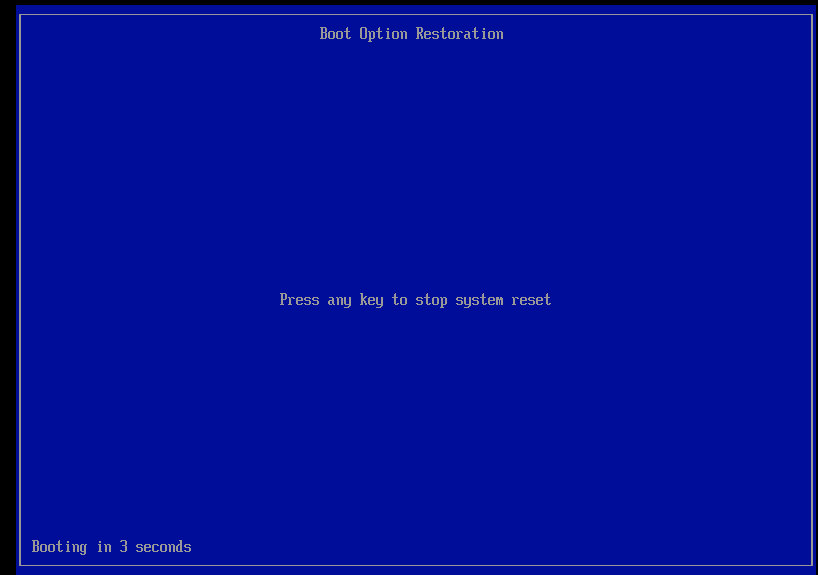this post was submitted on 29 Jul 2024
43 points (90.6% liked)
Linux
50319 readers
829 users here now
From Wikipedia, the free encyclopedia
Linux is a family of open source Unix-like operating systems based on the Linux kernel, an operating system kernel first released on September 17, 1991 by Linus Torvalds. Linux is typically packaged in a Linux distribution (or distro for short).
Distributions include the Linux kernel and supporting system software and libraries, many of which are provided by the GNU Project. Many Linux distributions use the word "Linux" in their name, but the Free Software Foundation uses the name GNU/Linux to emphasize the importance of GNU software, causing some controversy.
Rules
- Posts must be relevant to operating systems running the Linux kernel. GNU/Linux or otherwise.
- No misinformation
- No NSFW content
- No hate speech, bigotry, etc
Related Communities
Community icon by Alpár-Etele Méder, licensed under CC BY 3.0
founded 5 years ago
MODERATORS
you are viewing a single comment's thread
view the rest of the comments
view the rest of the comments

Yes. Yes it is. I had a single Windows install that was my main system. I eventually decided to semi-switch to Linux, and passed that SSD through to a VM, along with the GPU and half of my USB ports in order to continue running that Windows install for gaming and Adobe stuff. You just have to keep messing around with the config of the VM, and look up info about getting your UUID from Windows to add to your VM config, so your Windows license/activation will keep working as is. There are guides and info for all of this if you Google around. Don't remember exactly where I found those guides, as I ran that setup for about year and then switched that Windows install back to bare metal, and it has been about another year since then. I do remember that I got the same boot issues as you when switching back and forth between bare metal and VM, and I had to run the Windows boot repair tools to get everything working. Trying looking into that.
alr